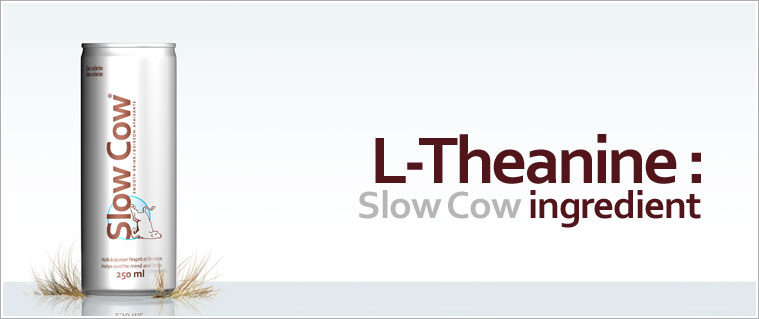Cognitive Aging Research Gets a $28M Boost
Tuesday, March 9th, 2010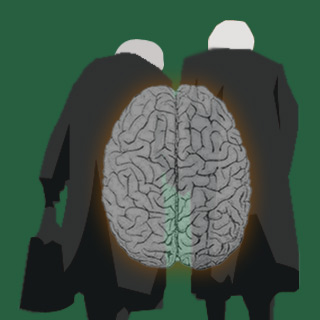 How does our ability to remember, think, plan, decide, learn and manage emotions change with age? What methods (exercise, diet, cognitive training, social interaction, stress management) can be used to help minimize cognitive decline? How do we distinguish normal cognitive aging from a cognitive disease? Pressing questions as Baby Boomers begin to hit 65 in mass.
How does our ability to remember, think, plan, decide, learn and manage emotions change with age? What methods (exercise, diet, cognitive training, social interaction, stress management) can be used to help minimize cognitive decline? How do we distinguish normal cognitive aging from a cognitive disease? Pressing questions as Baby Boomers begin to hit 65 in mass.
These questions are being taken up by a new public-private Research Partnership on Cognitive Aging. Some $28M is already flowing into 17 research projects.
“These grants will make it possible for researchers to further pursue basic research in this area and to devise interventions that could be experimentally tested for their ability to improve cognitive function in older people,”
The research is basic and still in the formative stages but it should be a great source of insights for cognitive designer. I will watch the progress of the 17 projects and share designable insights as they surface.
In the meantime, if you have insights into how to design for the aging mind please leave a comment and share your experiences with other readers.

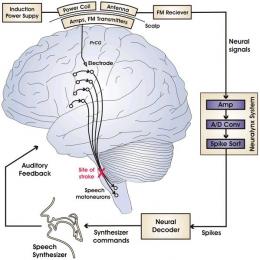
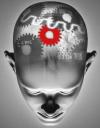



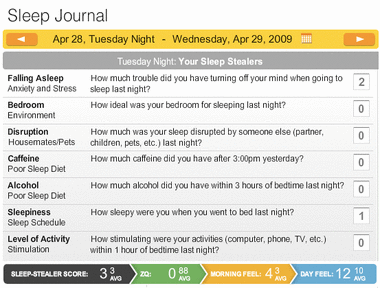

 Image a device, implanted in your brain, that allows you to tune the neurochemistry of motivation to make difficult tasks easy and even immensely enjoyable. That is the idea behind, iPlant, a conceptual design for Human application (10 years out?) but already working in some mammals. The device generates dopamine (reward drug) or a powerful motivator to repeat what you just did such as exercise, avoid eating a cookie (self-regulation), study a difficult passage and so on.
Image a device, implanted in your brain, that allows you to tune the neurochemistry of motivation to make difficult tasks easy and even immensely enjoyable. That is the idea behind, iPlant, a conceptual design for Human application (10 years out?) but already working in some mammals. The device generates dopamine (reward drug) or a powerful motivator to repeat what you just did such as exercise, avoid eating a cookie (self-regulation), study a difficult passage and so on.